
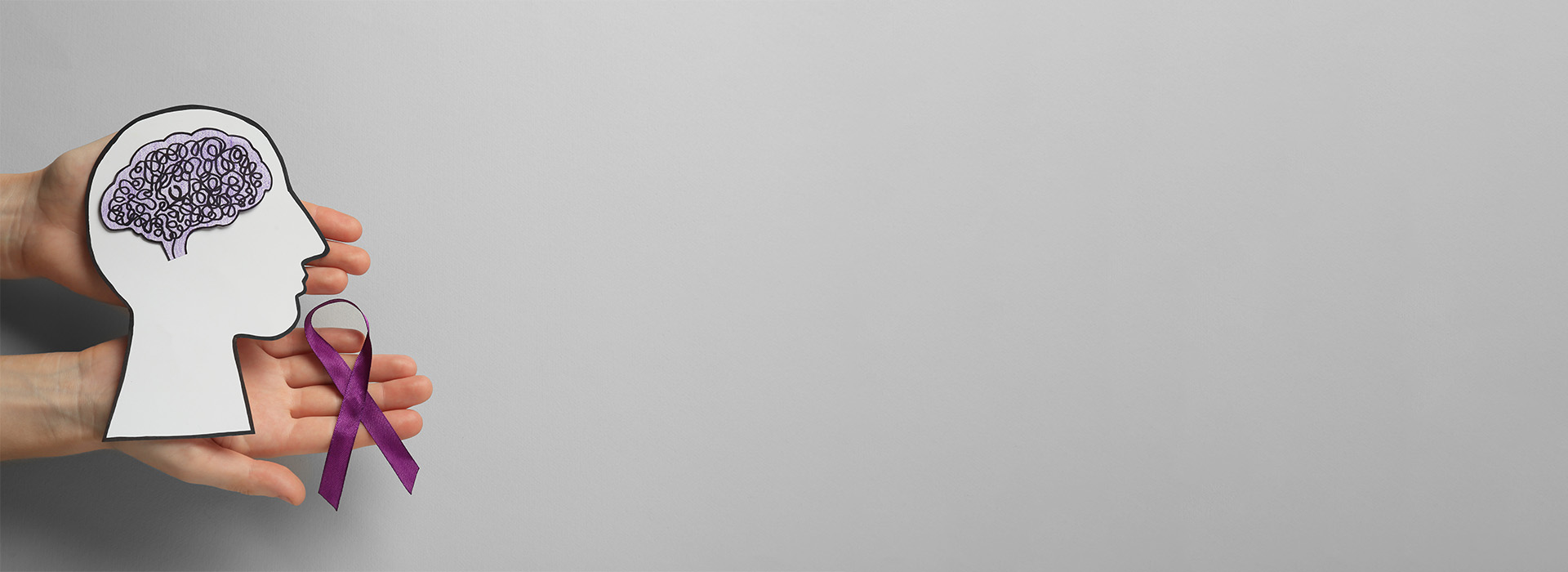
Alzheimer’s is a brain disease that causes memory, thinking, and behavior problems. Worldwide, 55 million people are living with Alzheimer's and other dementias.
Alzheimer's disease was named after the German physician Alois Alzheimer who first described the illness in 1906. Dr. Alzheimer presented the case of “Frau Auguste D.,” a 51-year-old woman brought to see him in 1901 by her family because of memory-related problems.
Alzheimer's is not a normal part of aging. The most significant known risk factor is increasing age; most people with Alzheimer's are 65 and older. Alzheimer’s worsens over time. Alzheimer's is a progressive disease where dementia symptoms gradually worsen over several years.
If you notice any of these symptoms, do not ignore them. Schedule an appointment with your doctor.
With early detection, you can explore treatments that may relieve some symptoms and help you maintain a level of independence longer, as well as increase your chances of participating in clinical drug trials that help advance research and our understanding of the disease.
The U.S. Food and Drug Administration (FDA) has approved medications that fall into two categories:
Researchers around the globe are exploring how to prevent Alzheimer's. While Alzheimer's prevention has no definitive answers, research has shown that we can take action to reduce our risk of developing it.
Alzheimer's caregivers frequently report experiencing high levels of stress. Taking care of a loved one with Alzheimer's or other dementia can be overwhelming, but too much pressure can harm both of you.
You can live a meaningful and productive life by taking care of your physical and emotional health, engaging in activities you enjoy, and spending time with family and friends.
Caring for your physical health can improve the quality of your life for years to come. Get regular checkups, take your medication, eat healthy food, exercise daily, rest when tired, and avoid drinking and smoking.
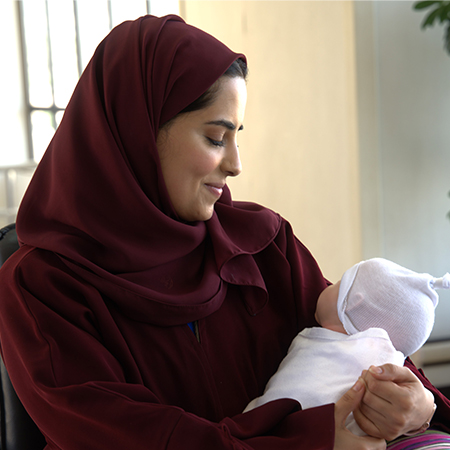
JHAH joins the World Alliance for Breastfeeding Action and the MOH in supporting World Breastfeeding Week

A good night’s sleep can help repair damaged heart and blood vessels. We have simple tips to help you sleep better
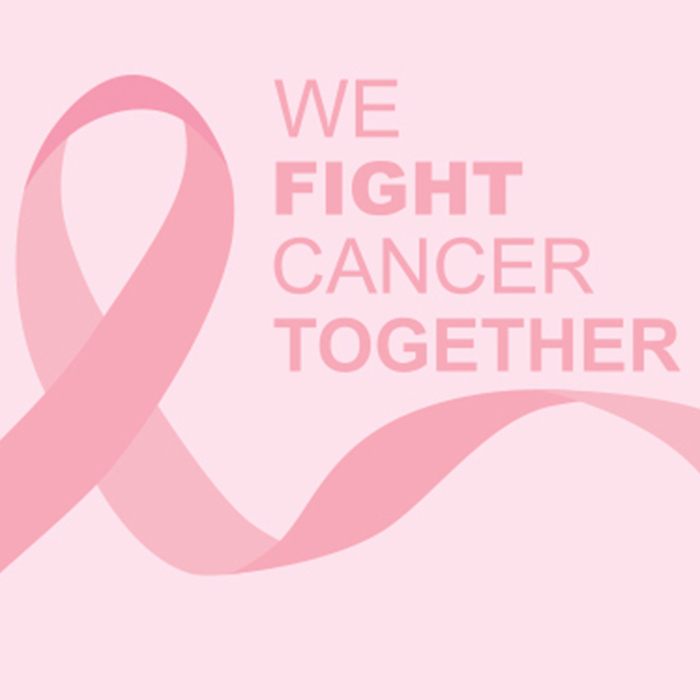
The good, and bad news about breast cancer – and how to fight it
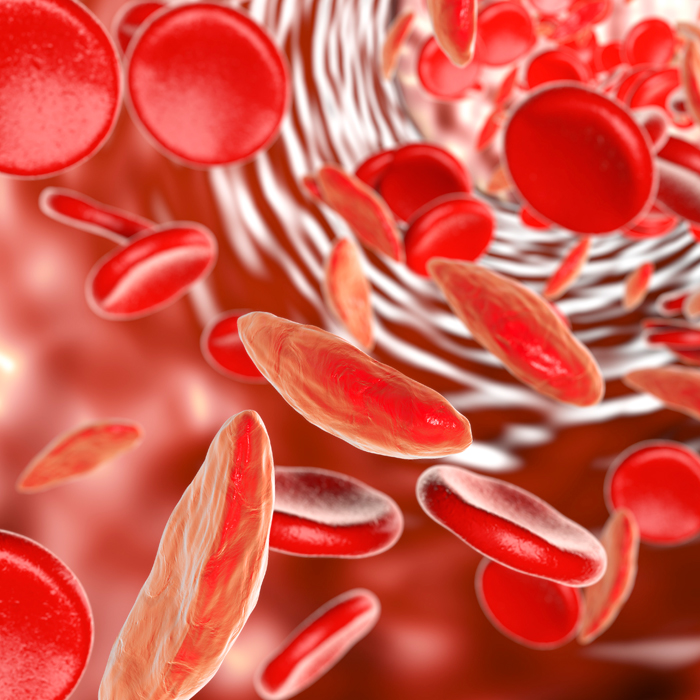
Find out how changes to how we manage the pain of sickle cell disease have led to a massive drop in emergency care and hospitalization

A few ideas for a good nutrition program that can help strengthen your immune system

There are many health and nutrition tips that can boost your immune system

The Kingdom is the second in the Middle East and the seventh globally in the rate of Type 2 diabetes, find out how you can take control of your diabetes and lead a healthy life
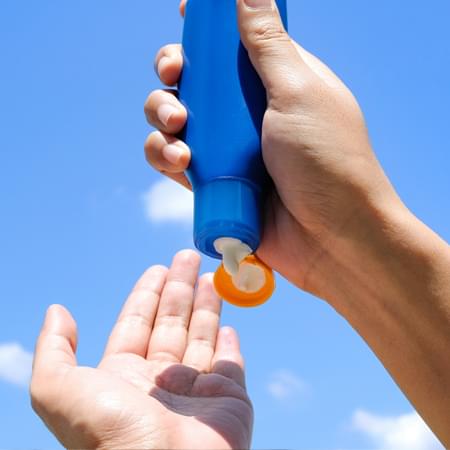
Health issues related to sun exposure and how you can protect yourself

Include fruits in your daily menu, in whichever way you like, and stay healthy

Heart attacks often occur when people are alone. Knowing what to do when heart attack symptoms come on can save your life

Encouraging people who suffer from obesity to take part in safe solutions to weight loss, lifestyle change, and weight maintenance
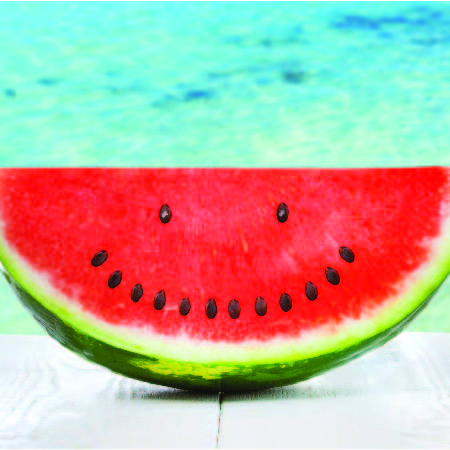
We tend to forget that the sun’s shine and brightness can be quite harmful during the summer. Tips to stay healthy and cool during summer
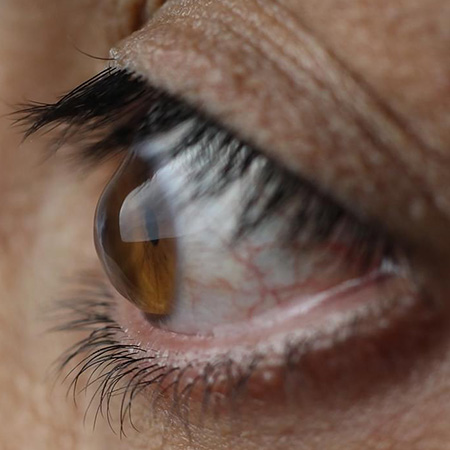
Keratoconus is an eye disease that affects the Cornea, the clear transparent part of the eye. This disease causes progressive thinning and protrusion of the cornea giving it a conical shape.

No matter what type of medicine your doctor prescribes, it's always important to be safe and follow medication safety measures

Proper nutrition and exercise play important roles in reducing the risk of breast cancer
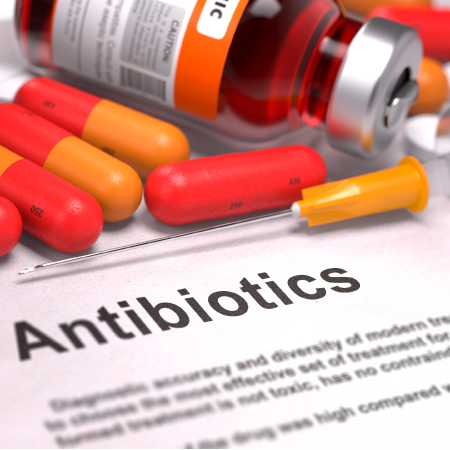
Learn how to properly use antibiotics to avoid resistance and protect your health

Collecting your medication from the pharmacist is not just a medication transaction but an opportunity to enhance your understanding of the medication and better care for your health.

JHAH Tawazon Program works with pre-diabetic patients to help them modify their lifestyle to prevent or delay type 2 diabetes

Here are a few essential points to discuss with your pharmacist to better understand your medication to ensure your wellbeing.

Four simple and practical guidelines that will help you to keep safe from food-borne diseases in your kitchen

Read our expert advice on blood donation guidelines and how you can play a role in saving lives
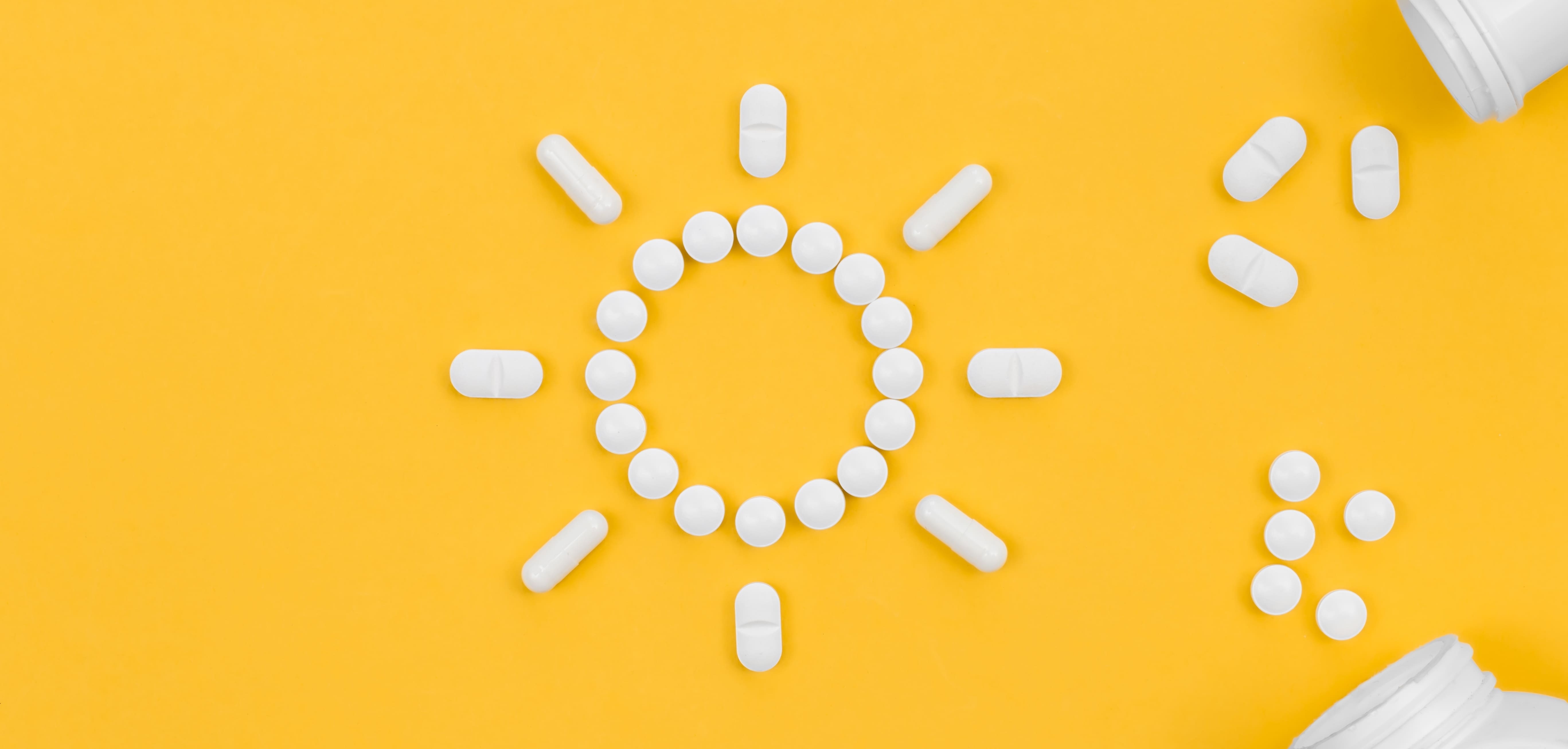
Protect your medications against the heat of summer with a few simple tips

Start your day with nutritious foods to boost your energy and metabolism levels

JHAH Clinical Nutrition and Food Services Unit is here to help you make your sweets healthier, lighter and heart friendly
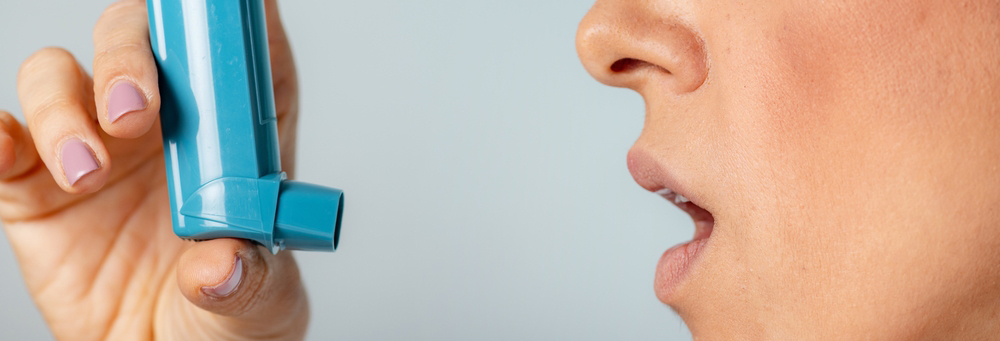
Important techniques to ensure effective delivery of medications to the lungs

Signs of dehydration indoors, symptoms to watch, and tips to stay hydrated even without thirst.

Three ENT surgeries significantly improve the breathing of a 21-year-old patient.
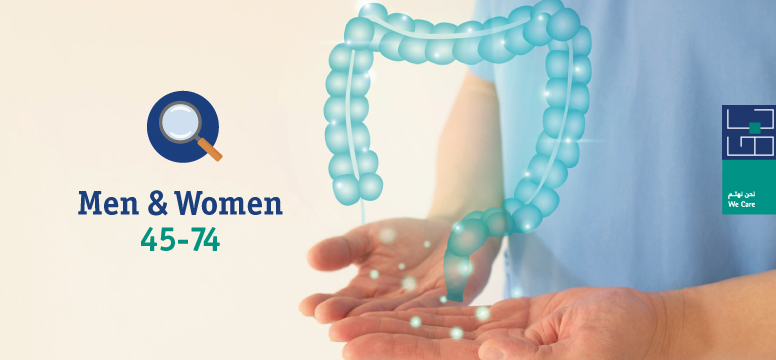
Colon cancer screening can detect the disease in its early and treatable stages
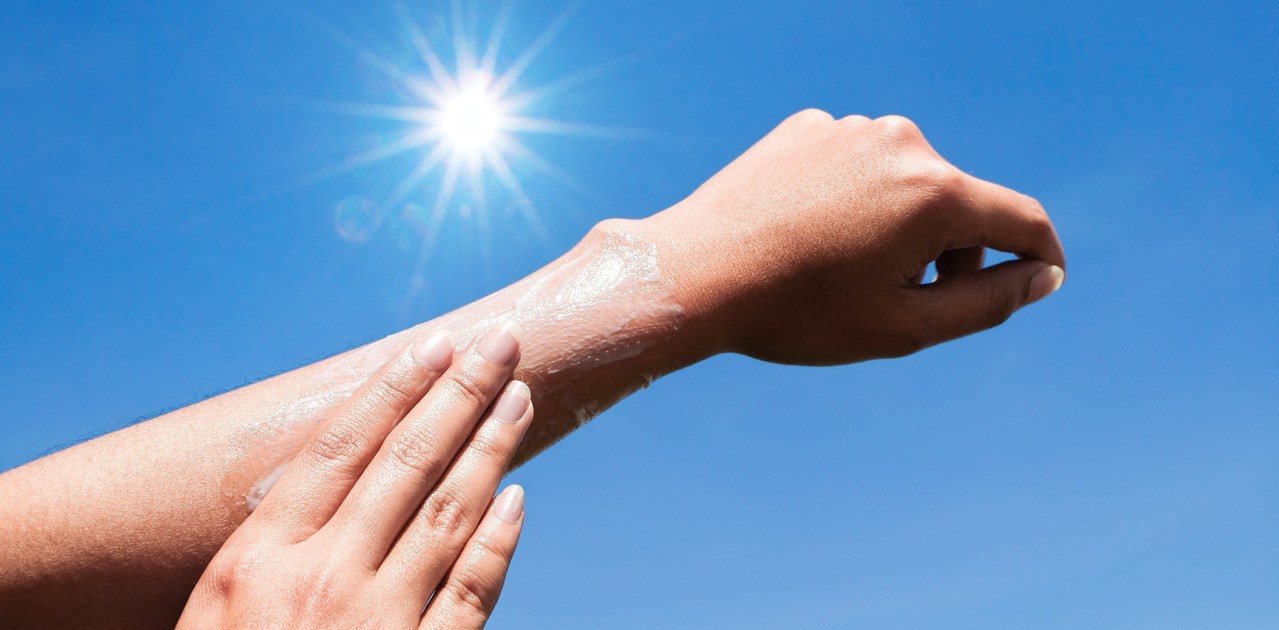
Scientifically backed tips to keep your skin in top condition.
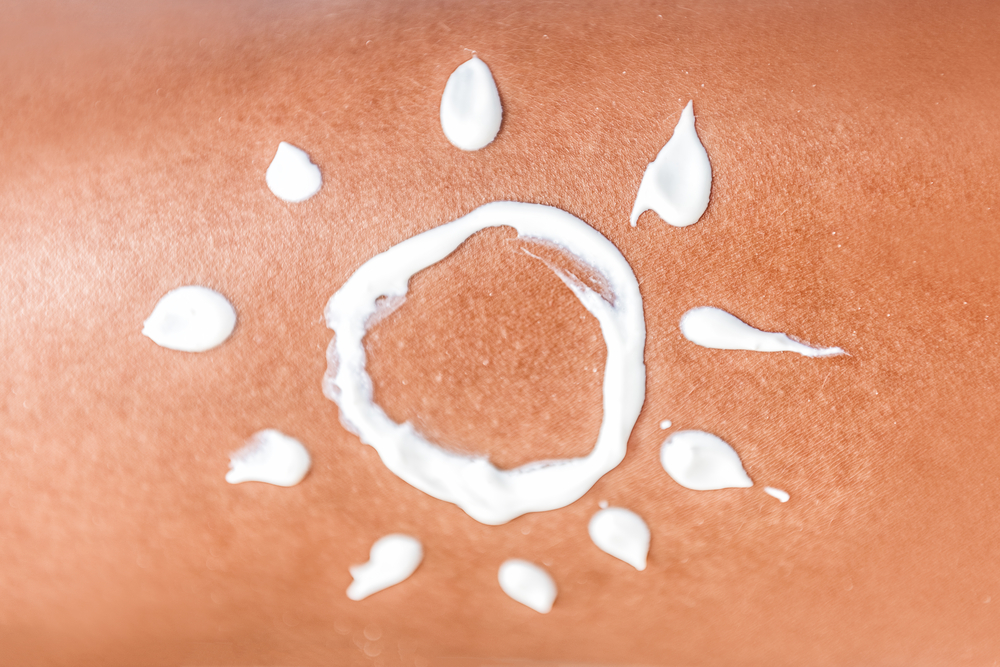
Enjoy being outdoors while keeping your skin healthy, protected and radiant

Discover key tips to prevent infections this flu season and effective home remedies to manage cold symptoms.
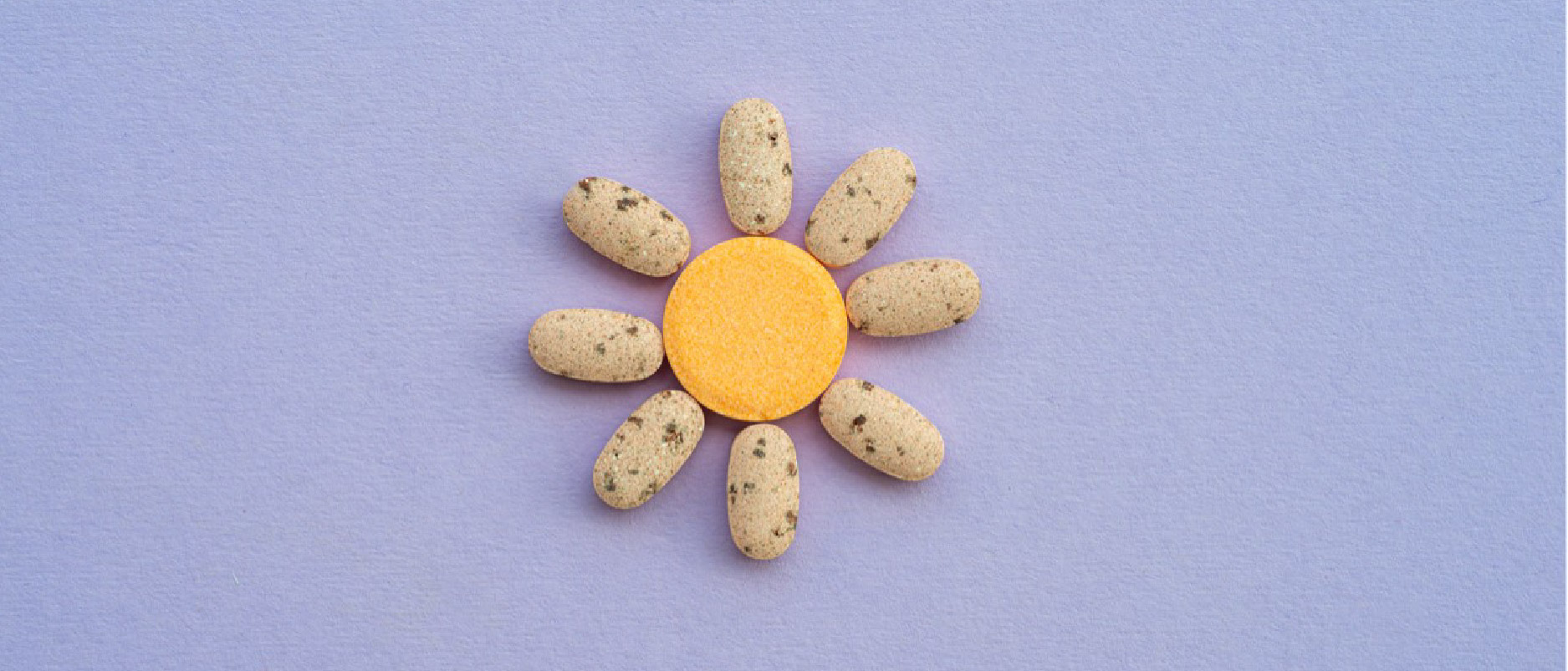
Explore the vital role of vitamin D in health and learn how to maintain adequate levels through diet and sunlight.
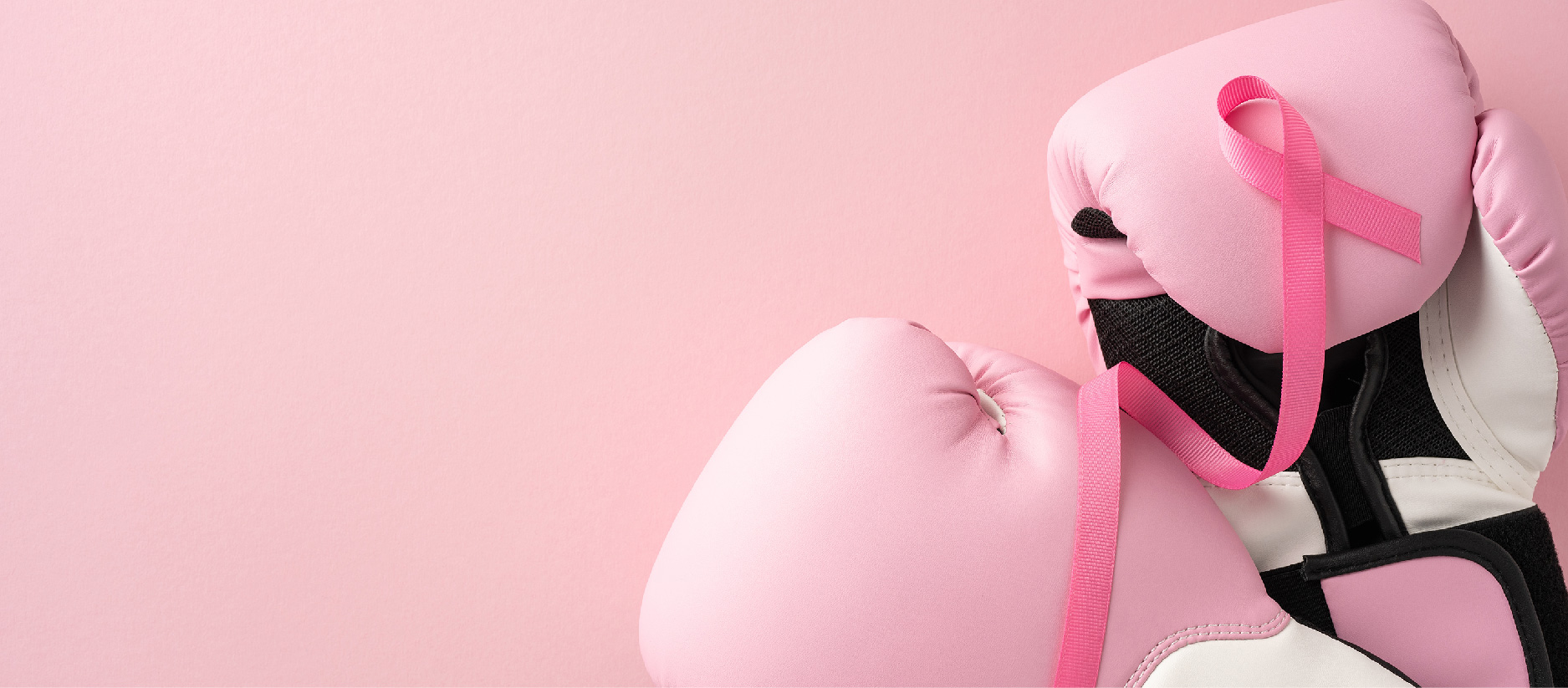
Explore essential insights on breast cancer, its risks, symptoms, and treatment options.

Join us for International Chronic Obstructive Pulmonary Disease Day as we raise awareness and clear misconceptions.

Explore the risks of falling and learn key effective prevention strategies.

Iron deficiency anemia, its causes, symptoms and effective dietary strategies.

Discover the importance of selecting the right pillow for alleviating neck and shoulder pain and enhancing sleep quality.

Discover essential practices for reducing infection risks. Stay informed and protect your health and the health of others

Relieve eye strain and improve focus with the 20-20-20 rule and other tips

Help children stay safe online by teaching privacy, secure settings, and cyberbullying awareness

Boost immunity and well-being this winter with healthy habits, exercise, hydration and sleep

Raise awareness for heart disease prevention through healthy habits, diet, and stress management

Explore how children's exercise programs focus on neurological adaptation and muscle learning rather than muscle size alone
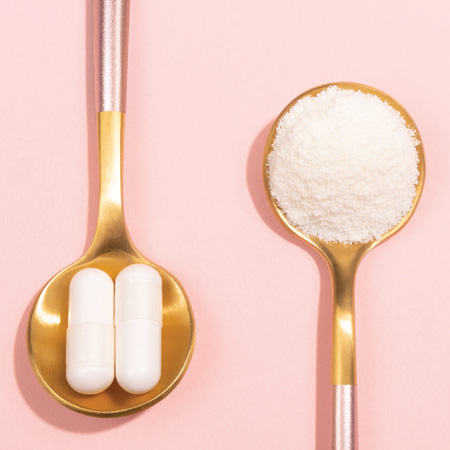
Learn about collagen, its role in your body, and how diet and lifestyle impact its production

Tips for coping with seasonal challenges to boost your mood and wellbeing
 Patient Relations
Patient Relations